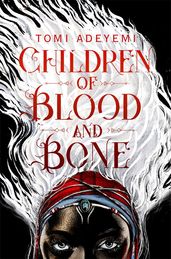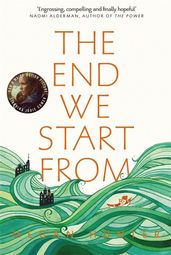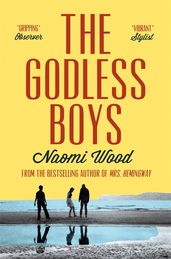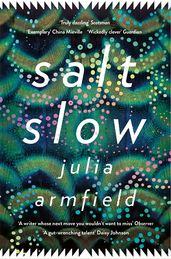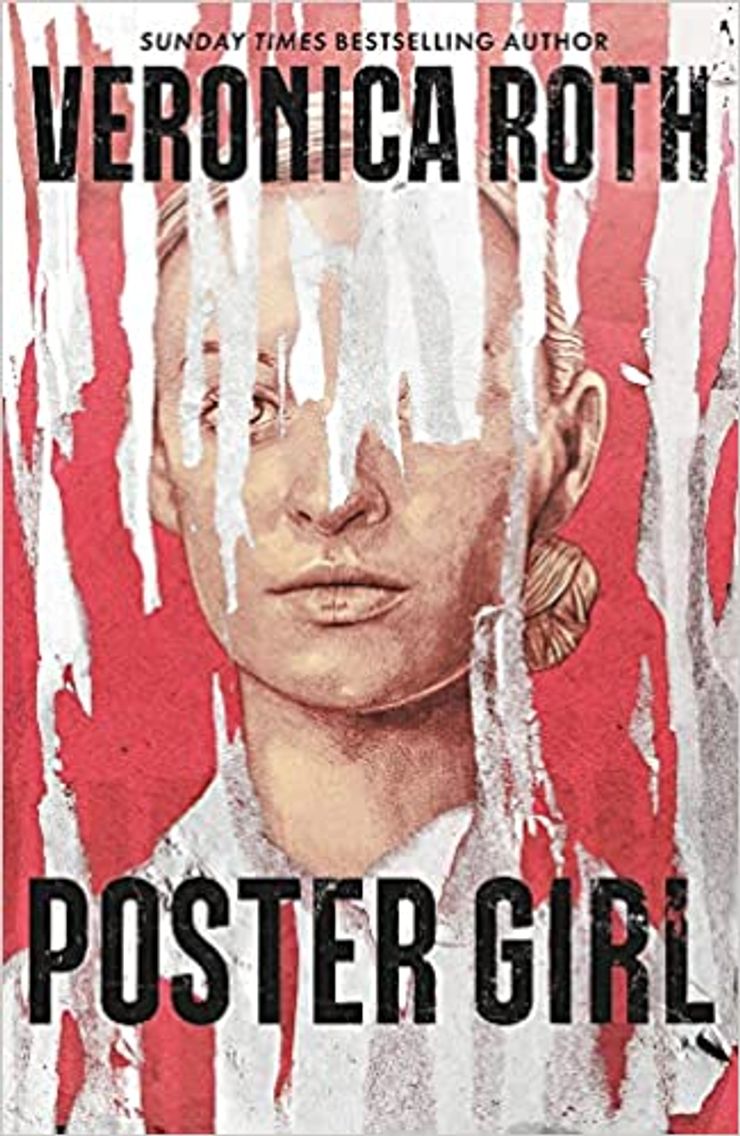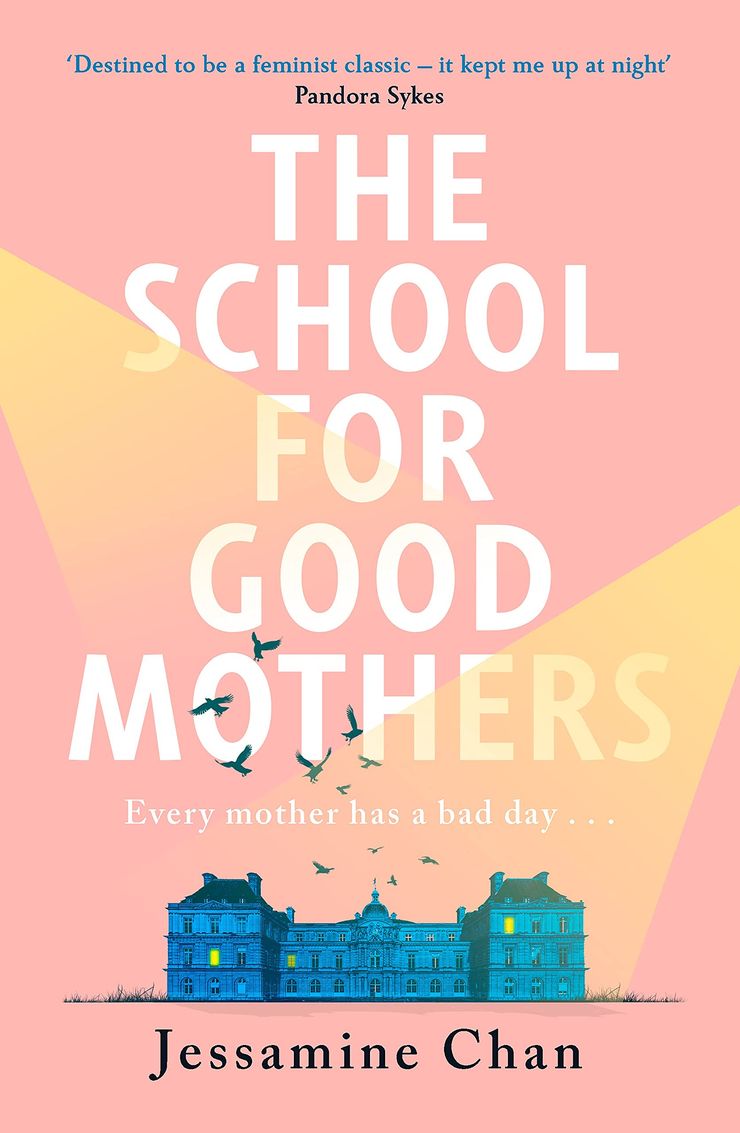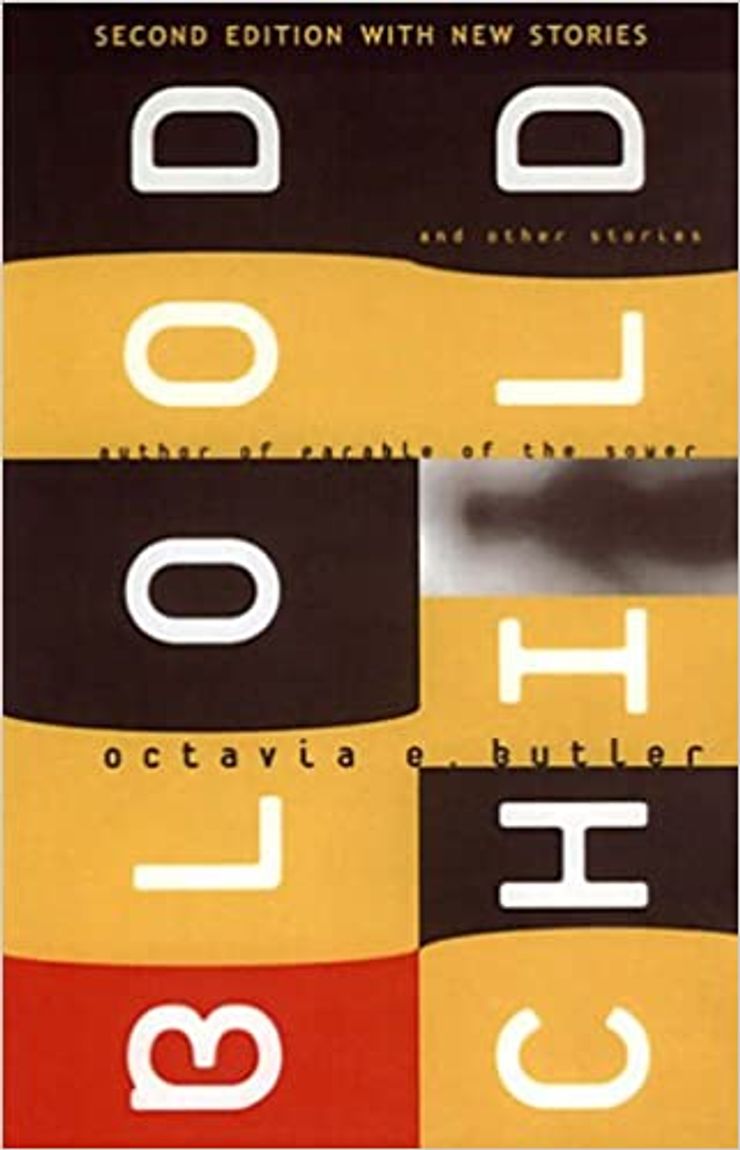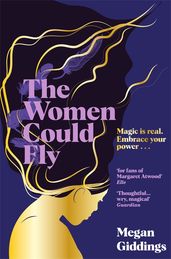Megan Giddings on feminist dystopian fiction to read now
In the critically acclaimed The Women Could Fly, Megan Giddings creates a world where magic is real to explore how it feels to live in our own society. Here, she discusses the reversal of Roe vs. Wade and recommends other feminist dystopian fiction that speaks to our times.
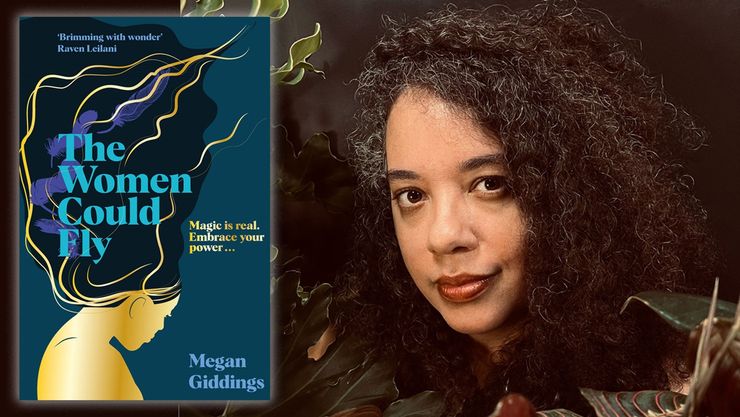
Before The Women Could Fly was released, in the spring of this year, I wrote a letter to potential readers about the state of women in the United States. I – in what felt like a burst of pessimism – predicted that Roe would be overturned in the coming summer. And I was painfully correct. In early May, the Roe draft was leaked to the public, in June it was confirmed, and I'm still processing what this means. Sometimes still, the clearest thought I have is: wouldn't it have been great if I had been utterly and completely wrong?
I wrote The Women Could Fly while living in Indiana, a state that has since enacted an almost-total abortion ban down to a list of what are considered acceptable life-threatening situations that would allow the procedure to take place without fines or prison time for both the patient and the doctors involved. According to the National Conference of State Legislatures, there are currently thirty-nine women in the 150-person state legislature of Indiana. This is not me making a straightforward argument that more women involved in politics and elected into office might have meant a different outcome in that state. One of the many reasons why it has been so hard to progress on many different fronts – gender equality, racial equality, economic equality – is that there are many people who would prefer to work within the status quo, to find a way to help themselves or their loved ones, rather than think collectively or feel the weight of other people's suffering. But it's still striking to me that this decision was weighed, discussed, and voted on by a body made up mostly of men. Some of whom, in the proceedings, showed a shocking lack of knowledge about female anatomy, about how almost every pregnancy is truly a health risk, and still felt comfortable doing what they felt was best.
I wrote The Women Could Fly because I wanted to try to capture what it feels like to be alive at this time and make the complicated decisions and compromises that come with being simultaneously a person who cares very deeply about other people, their personal rights to liberty, and also thinking (your choice if this naivety or optimism) that we are living in a time where we have to actively and regularly push back against how often people claim their rights to liberty, to a freedom of speech, but usually with loud malicious intent. I wanted to try to capture the many double-consciousnesses of a character, Josephine, who is experiencing an intersection of racial and gender oppression. She's consistently thinking of all the ways she needs to act to avoid scrutiny, to keep living, but is already at twenty-eight, deeply weighed down by making all those adjustments.
While my book captures a world much like our own, most of the other books on this list have even more adventurous worldbuilding. What unites these books in my mind are how they share that same interest in examining how when women are asked to fit into tidy, manageable containers and always conform, the result of all that bending makes the main characters either break or want to become something new.
Children of Blood and Bone
by Tomi Adeyemi
Whenever I get to teach undergraduates and ask them what books have most excited them over the past few years, a big cluster of them always name Children of Blood and Bone. When I finally got to read it last summer, I understood why. Adeyemi’s prose is lush and visual. The novel mixes an adventure filled with grief with an exploration of what it’s like to be in a society that some might argue is fractured by magic, and some might argue is fractured by a king’s desire for power. This novel features two female characters who are eager to make the world a far more equal place and the results are thrilling and devastating.
The End We Start From
by Megan Hunter
The first-person narration in Hunter’s novel will pull you along for an epic journey through a (what could eventually feel painfully prescient) climate disaster where England floods. It’s riveting, with its mixture of the-world-is-ending misery which comes with the flooding and panic, and the narrator’s delight in her newborn son. This book thinks deeply about what it means to be a mother in general, but especially considers how even when the world might well be truly ending, people will judge you for your choices.
The Godless Boys
by Naomi Wood
A contemporary dystopia that might feel even more relevant now, ten years after it was published, with its ideas about faith and how it unites and divides people. Beyond all the delicious intellectual ideas, this is a book where a girl arrives at a mysterious island, only to begin complicated relationships and to find a community where violence is always simmering on its edges. This is a complex novel that will make you think a lot about how often people's ideas about gender are formed around oppositions (men must be like this, women must be like this...) rather than how people actually live.
Salt Slow
by Julia Armfield
Julie Armfield is one of the most exciting writers I’ve read this year. Friends in the US raved to me about her new novel, Our Wives Under The Sea, and after reading the first chapters of it, I immediately ordered Salt Slow because Armfield’s ability to write truly wild situations with deep emotions is wonderful. Salt Slow is a short story collection that explores desire, like in 'The Collectables' where a pizza delivery man might not be the perfect man but he could contribute something special, or in 'Mantis' where a young woman finds out that her incurable bad skin is linked to a dark sexual awakening. A book especially for people who love body horror and transformations and thinking deeply about sex, beauty, and desire and the ways women can be encouraged to form their identities around the idea of 'being wanted.'
Poster Girl
by Veronica Roth
This novel is coming out in October in the UK, but I was lucky enough to read it early this summer. Roth creates a stunning dystopian world in her newest novel which explores what it means to be good, what happens when being good means being complicit with oppression, and how people, but especially a young woman who allowed her good looks and upright image to be used on propaganda posters, reckon with their actions when they were in the service of an oppressive regime. Her main character, because she was complicit with the former ruling party, lives in a prison-town with very little resources. When she’s given the chance to do a service and re-enter society, things becomes even more complicated.
The School for Good Mothers
by Jessamine Chan
This might end up being my favorite book of 2022. Jessamine Chan’s book examines child protective services, the ways mothers are asked to perform motherhood, and the push and pull between wants and desires. There are also robots in this that I can’t stop thinking about. When Frida, the novel’s main character, has an awful day as a parent, it seems as if there’s no way to regain custody of her daughter, unless she agrees to enter a state-run program that will help her see approach being a mother, being a woman, in new, maybe unnatural ways.
Bloodchild
by Octavia E. Butler
I’m willing to admit that not every story in this collection is dystopian. But what Butler does so well in her work is to show what happens when someone, usually someone young, starts to notice that the status quo means several people are suffering. Thinking specifically about the title story, I can’t think of a better example of a complicated parental relationship and how it can be used as a societal lens. The simultaneous impact of Gan understanding his relationship with his mother better, as well as the world that he lives in, is haunting. She demonstrates how often, especially for mothers, you might have to compromise your values to potentially give your children a better life.
The Women Could Fly by Megan Giddings is out now:
The Women Could Fly
by Megan Giddings
Kidnapped? Murdered? A witch fleeing persecution? Josephine Thomas hasn’t seen her mother since she was fourteen. Now, at twenty-eight, she is finally ready to move on – but to what? Ambivalent about marriage in a country where single women must submit to monitoring by the State, unwilling to conform in a world where magic is real and unusual behaviour can lead to accusations of witchcraft, Jo’s ability to control her own life is on the line. So when she’s offered an opportunity to honour a final request from her mother’s will, Jo takes the chance to feel connected to her one last time.
Author image by Jon Cameron
